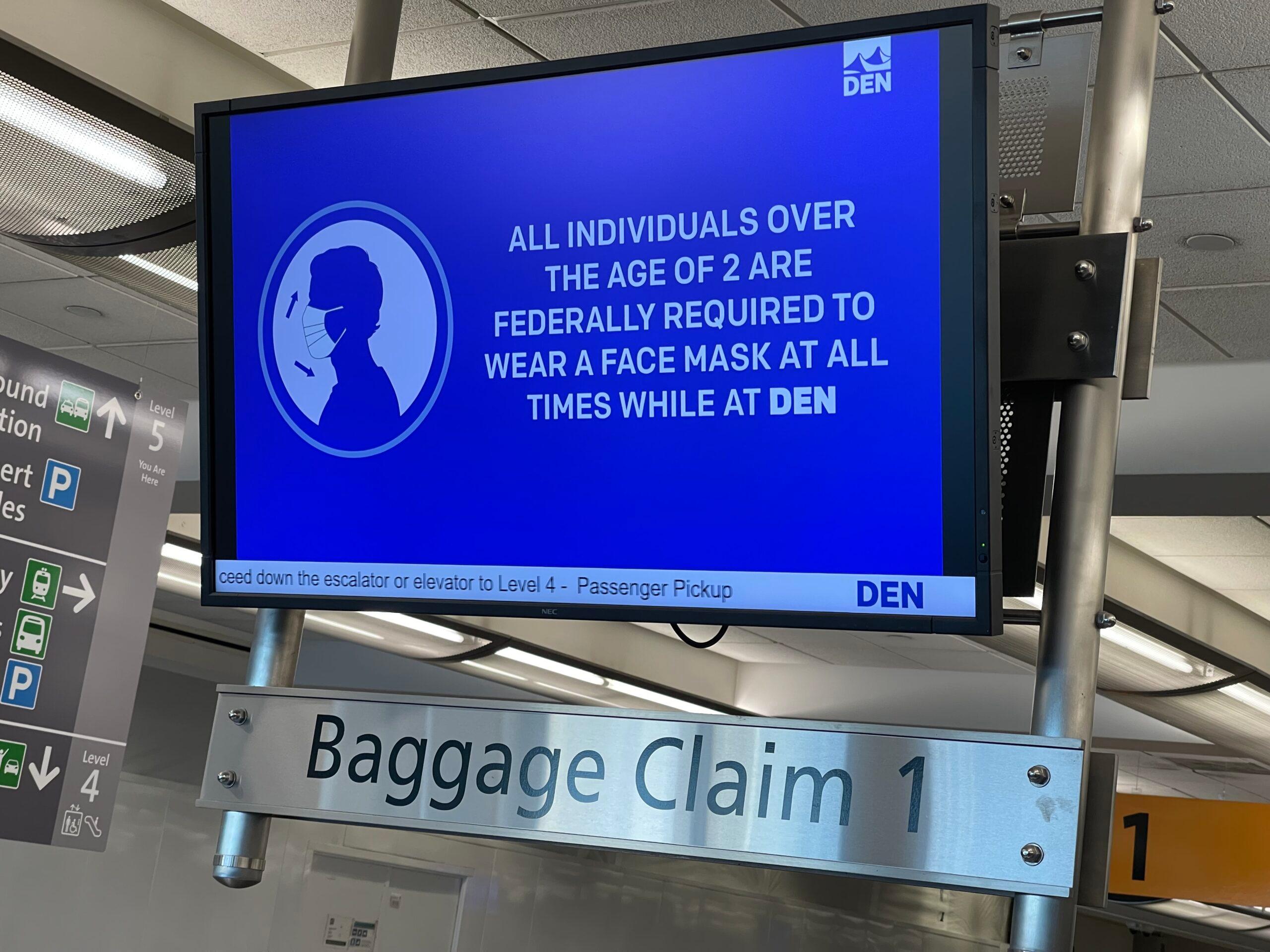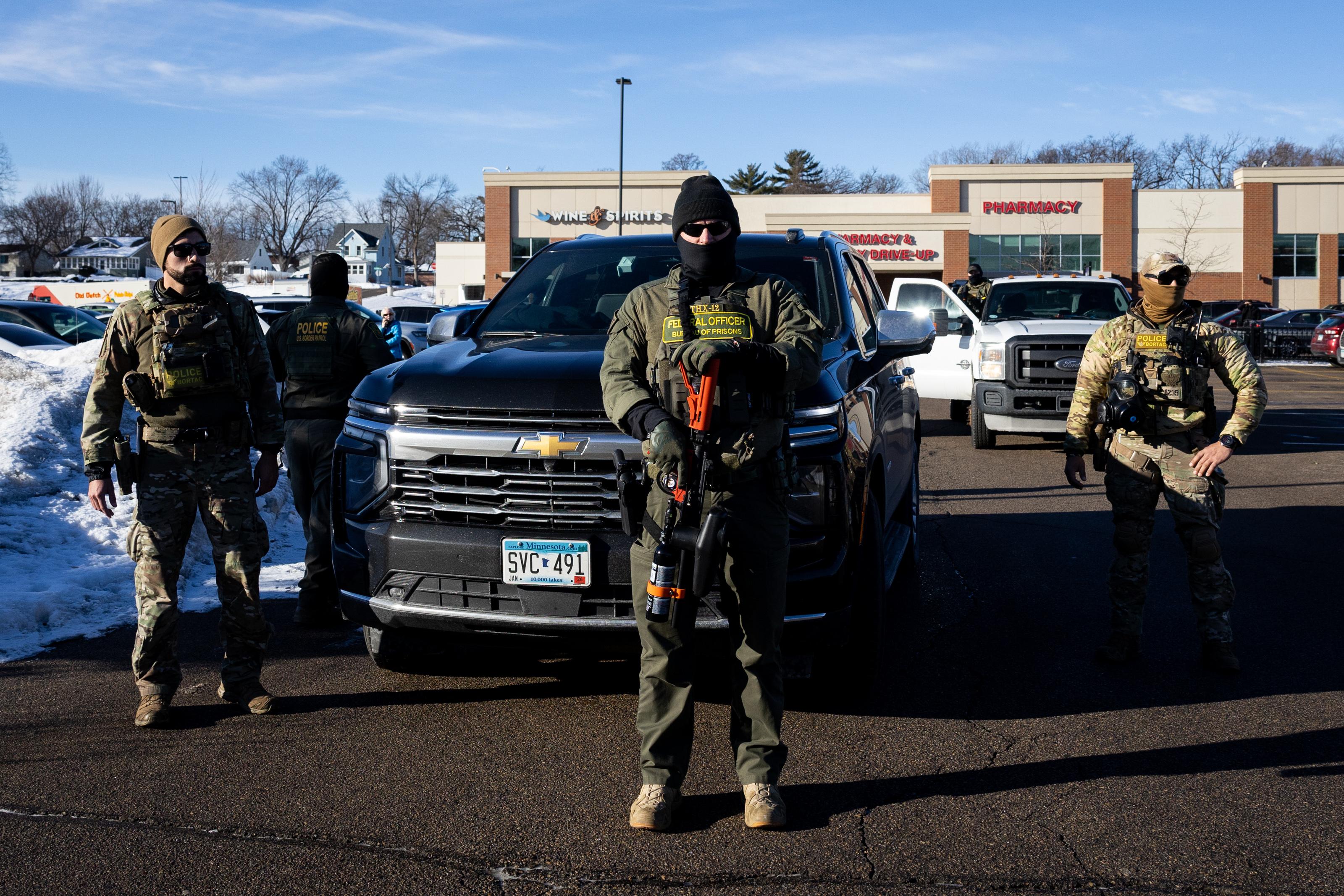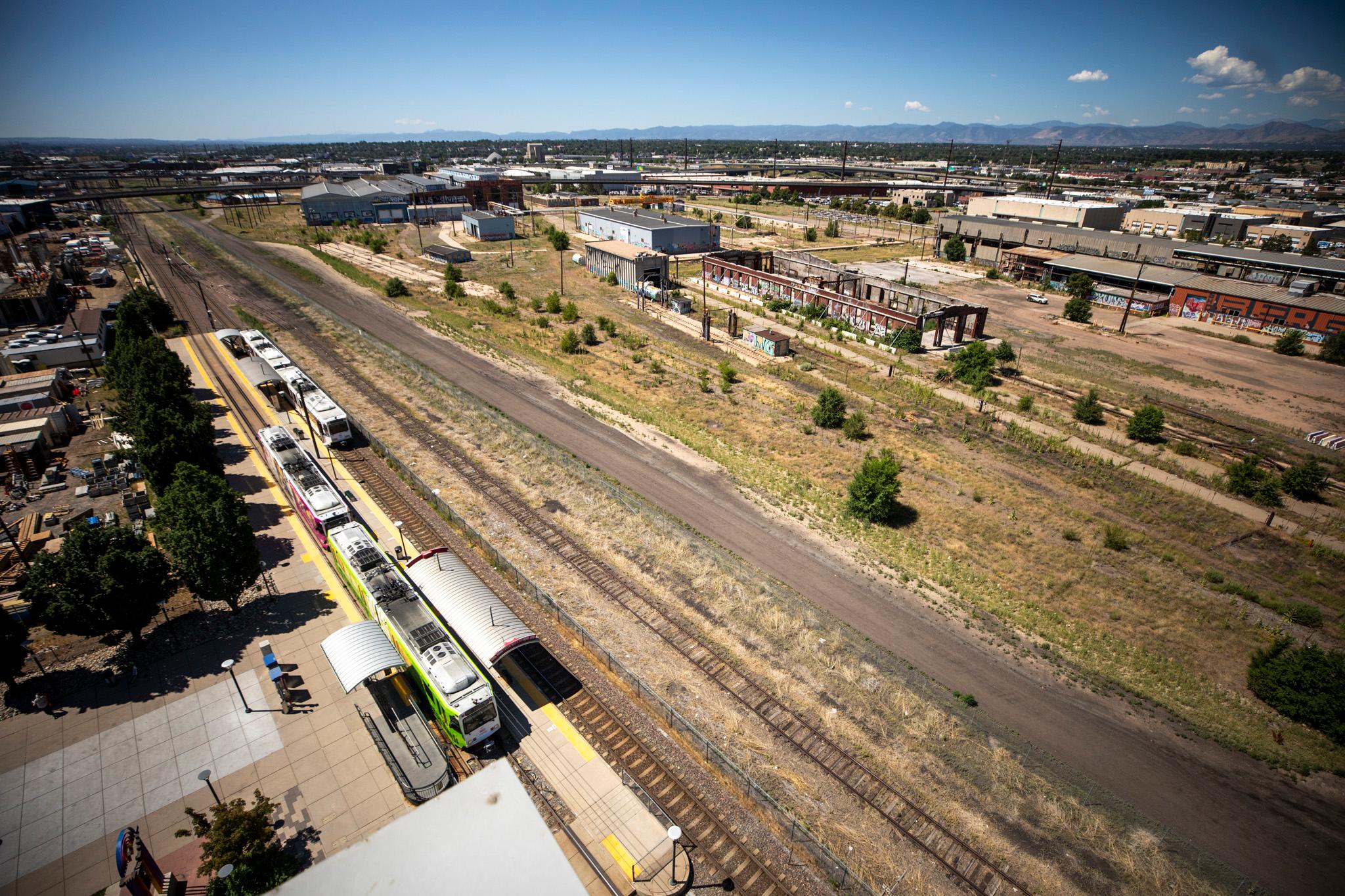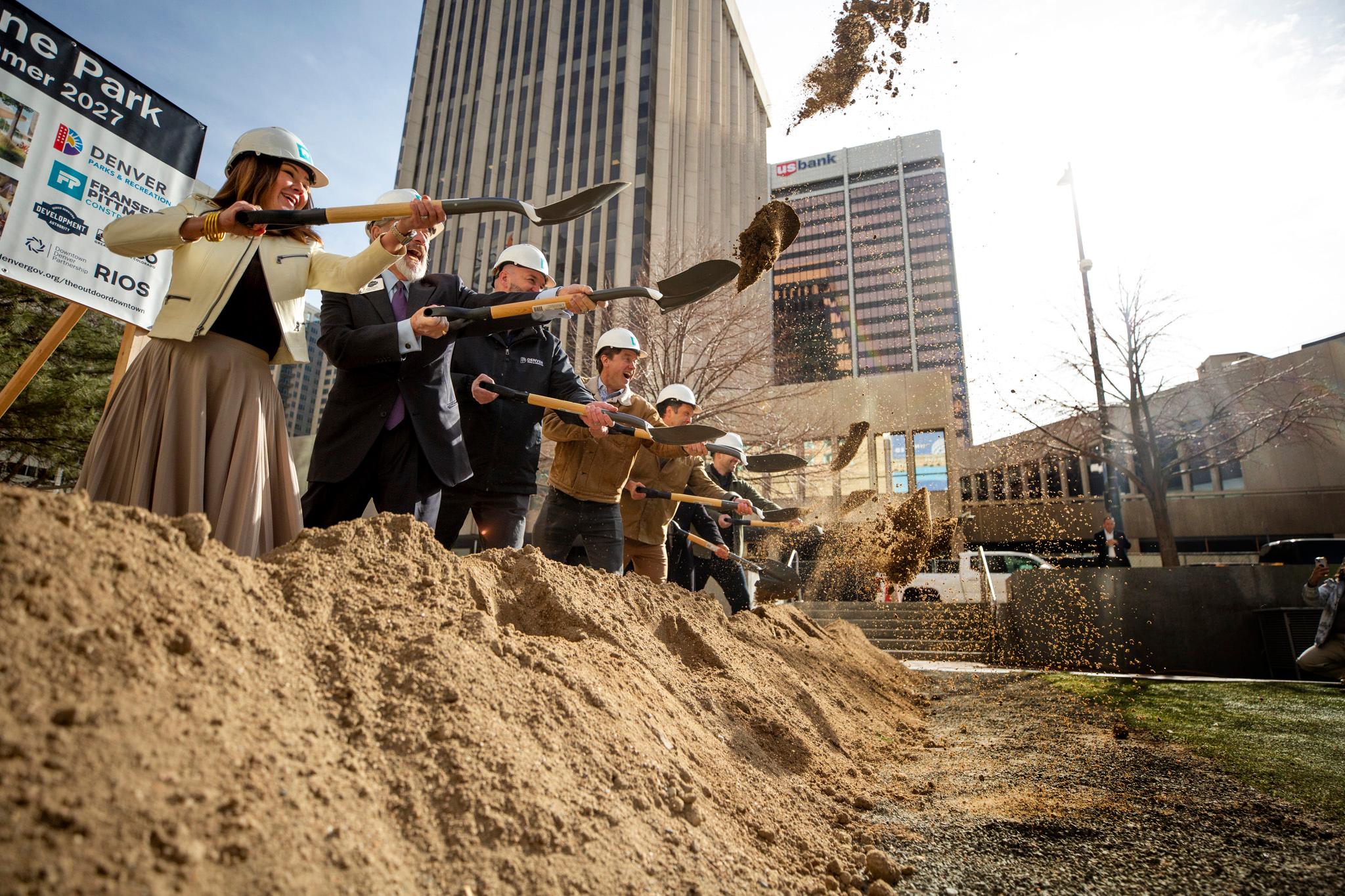The Centers for Disease Control mask mandate was still the law of the air when I boarded a Delta jet on Monday, April 18, to fly from Boston to Detroit to Denver.
Most travelers I saw were masking diligently and didn't need a mandate to ensure their facial coverings were secure. After all, three passengers hacked for more than two hours as their seatmates leaned away, trying to eke out every inch of buffer space they could. The copious coughing would have been unnerving even if it wasn't happening during a pandemic that has killed 986,000-plus people in the United States alone.
When we landed in Detroit, I read that a Donald Trump-appointed, Florida-based federal judge, Kathryn Kimball Mizelle, had single-handedly struck down the CDC's extension of its mask ordinance. Face coverings were no longer required.
At the time, I read that Denver International Airport had indicated it would continue to enforce the mask mandate, and the Delta flight that I boarded to come back home didn't announce any immediate changes to the company's policy.
As the plane took off from Detroit, I thought Mizelle's ruling was more of an interesting legal factoid that might eventually have ramifications for travelers rather than an immediate shift in practice. But what did I know? It's hard to follow policy when you're 36,000 feet above the earth.
Then, after over two hours of flying in masks, we landed. The Delta crew announced that employees and travelers would no longer have to wear facial coverings on the airline's flights.
Passengers cheered, and in the few seconds it took me to turn around and see how people were responding, most had already ripped off their masks.
"It's nice to see smiles again," said one flyer.
"What are they thinking?" said another.
"This isn't going to go well," lamented a third.
One flight attendant, still masked, looked nervous. Another grinned, mask free.
Delta's corporate statement was cheery: "We are relieved to see the U.S. mask mandate lift to facilitate global travel as COVID-19 transitions to a more manageable respiratory virus - with better treatments, vaccines and other scientific measures to prevent serious illness," the company wrote.
The Delta statement failed to mention that the scientists at the CDC were still very much in favor of the mask mandate on planes, buses and trains, as COVID-19 numbers have been trending up again.
The company did add to the statement that masks would be permitted going forward: "Delta employees and customers may continue wearing masks if they so choose. Wearing a well-fitting mask - such as a KN95 - protects the wearer, even if others around them are not wearing masks, according to our Chief Health Officer Dr. Henry Ting."
Not mentioned: Everybody's safer -- the immunocompromised, children under five who can't get vaccinated, and those who choose not to get vaccinated -- when everybody's wearing a mask.
But, no matter. The order was over. The Transportation and Security Administration had followed the judge's decision and put out the following statement: "Due to today's court ruling, effective immediately, TSA will no longer enforce its Security Directives and Emergency Amendment requiring mask use on public transportation and transportation hubs. TSA will also rescind the new Security Directives that were scheduled to take effect tomorrow. CDC continues to recommend that people wear masks in indoor public transportation settings at this time."
As I got off the plane, I was still under the impression that DIA had a face-covering mandate based on its statement from earlier in the day.
Around half the people inside DIA were still masked. Their joy and relief were palpable. So was their spittle. One man, mask dangling from his ear, coughed toward the ground. His saliva flew. Others sneezed. Nearby, babies grinned in their strollers.
A voice over the DIA speakers told us that a federal mask mandate required us to wear face coverings. Signs said the same. But word had spread from the airlines that the mandate was over.
Despite its ongoing messaging, DIA was changing its policy too, eventually tweeting: "We have been informed by the TSA that they will no longer be enforcing the national mask mandate at airports. As a result, masks are no longer required at DEN and we will be removing mask signage (which might take a bit of time)."
In another tweet, DIA noted that airlines and other cities might still require facial coverings, and passengers should be prepared.
"Mask requirements could vary by airline or destination, so we still encourage passengers to carry a mask when traveling," the airport said.
People who shed their masks while traveling to downtown Denver from DIA on the A-Line would be disappointed, however.
A mask order remained in place for public transportation through Tuesday morning.
"As of right now, masks are still required on RTD vehicles and properties," spokesperson Laurie Huff told Denverite in a statement on Tuesday morning. "That said, the agency recognizes that the Transportation Security Administration will not enforce its mask-related security directives, and RTD's leadership team is discussing the matter today. We will provide more information when it becomes available."
By Tuesday afternoon, RTD had also canceled its mask order.
"As conditions around the COVID-19 pandemic continue to evolve, assessing current health conditions remains critical," said RTD General Manager and CEO Debra A. Johnson. "My team has kept in mind the well-being of employees and customers at every turn during this global health emergency. The decision made today reflects RTD's commitment to the communities served, and health considerations will continue to guide the actions the agency takes."
This story has been updated to reflect RTD's shift in mask policy.











